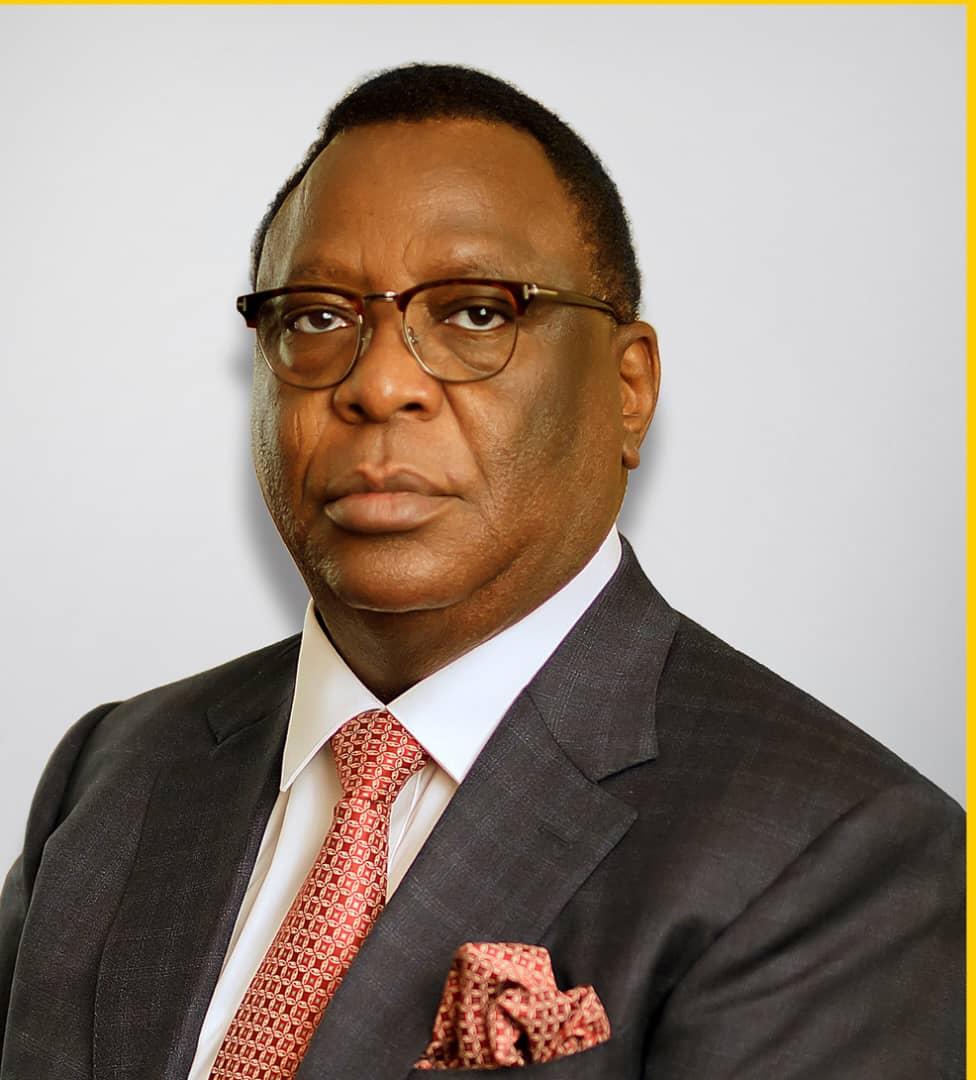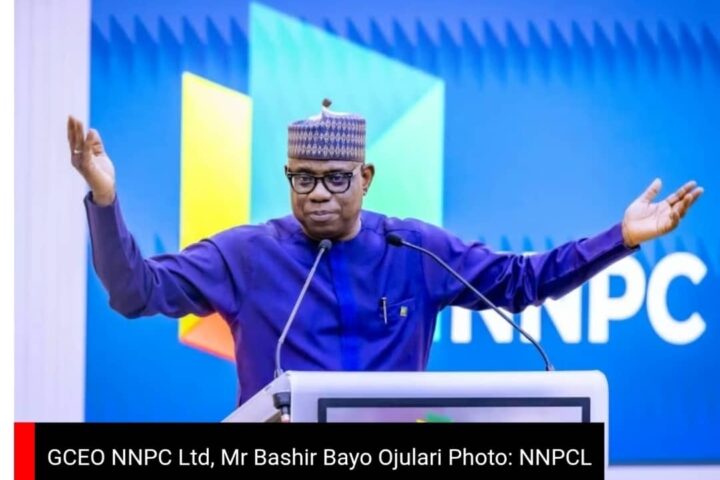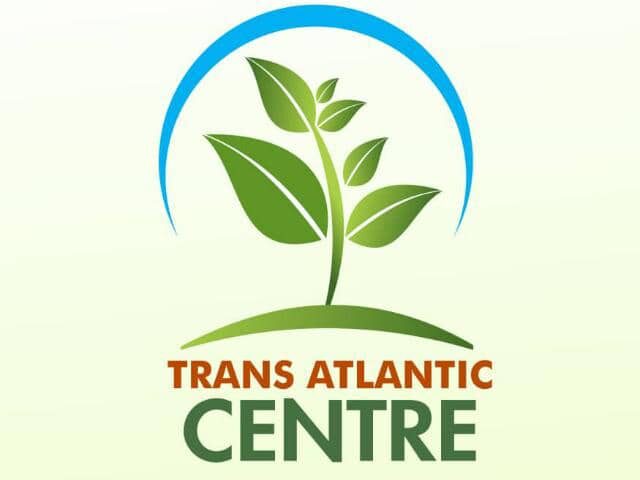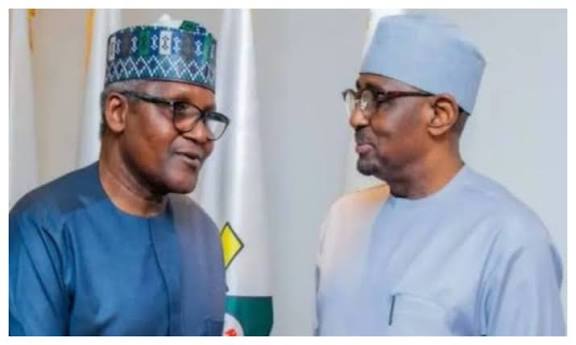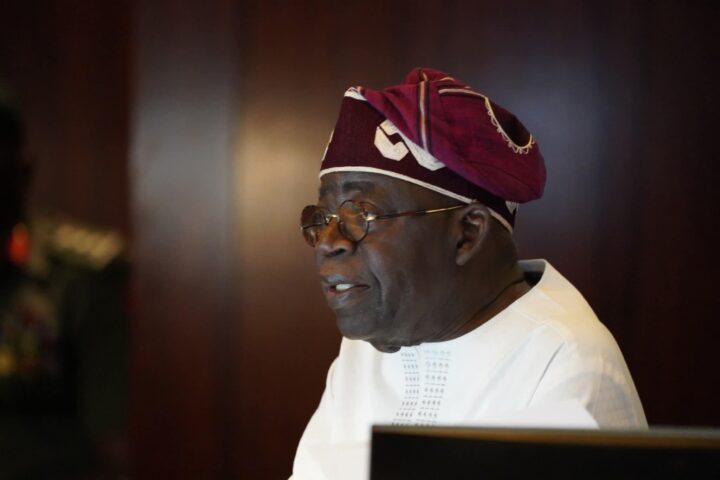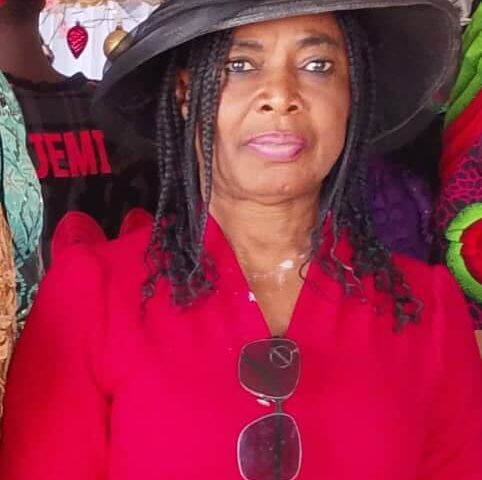By James Okonkwo
When President Bola Ahmed Tinubu issued three Executive Orders in March 2024 affecting the oil and gas sector, critics rushed to interpret them as a blow to Nigeria’s local content regime under the NOGICD (Nigerian Oil and Gas Industry Content Development) Act.
That reading is not only hasty, it is misleading. Under the stewardship of Engr. Felix Omatsola Ogbe, the Nigerian Content Development and Monitoring Board (NCDMB) has turned these directives into levers for reform, not battlements against local capacity.
In fact, the NCDMB has used its posture under Ogbe’s leadership to clarify, reinforce and actually modernise the enforcement of the NOGICD Act, ensuring that the law remains a live instrument rather than a decorative statute.
If local content is to survive in a global energy environment that prizes speed, capital efficiency, and innovation, this is precisely the kind of disciplined, adaptive stewardship it needs.
Guarding The Law
Under Engr. Felix Omatsola Ogbe, the Nigerian Content Development and Monitoring Board has kept the Act not only alive but vigorous. The Board made clear at the African Energy Week in Cape Town that the directives do not override the law.
They complement it. Local firms must still be engaged. Existing capacities must be used. Wasteful middlemen must be removed from contracts. The law retains its primacy, while the directives clear a path for smoother practice.
Cutting Through The Bureaucracy
Nigeria’s oil industry has long struggled with red tape. Contract approvals once dragged through nine separate stages before the advent of the NCDMB has been further reduced. Ogbe’s Board cut that number nearly in half. A process that often paralysed projects has been reshaped into a faster, sharper system.
The aim is simple: shorter cycles, lower costs, and stricter compliance. For operators, it means less friction without losing accountability.
Opening The Door To Global Partners
The Board has also reformed how foreign firms engage. Qualified service companies obtain Nigerian Content Equipment Certificates, allowing them to take part in deepwater operations.
This gives international partners a clear, direct entry point. It also forces them to document their capacity commitments within the local framework. The result is investment that respects the law, not circumvents it.
Laying Foundations On The Ground
Policy cannot stand on paper alone. The Board is driving physical infrastructure that can anchor local capacity. Oil and Gas Parks in Cross River and Bayelsa are nearing completion. The Brass Island Shipyard, being developed with support from NLNG, is moving forward as a hub for fabrication and vessel repair. Fabrication yards capable of assembling offshore platforms and subsea equipment are under development.
These are investments that shorten supply chains and place critical industrial value within Nigerian control.Ogbe has made the completion of projects like these the cornerstone of his stewardship at the NCDMB.
Building Human Capacity
Infrastructure without skills achieves little. Ogbe’s strategy focuses on technical training in fields such as underwater welding, subsea engineering and advanced instrumentation.
Thousands of young Nigerians are being trained in artificial intelligence, drone technology, and cloud-based systems under a nationwide digitalisation programme.
The Board has set up six Centres of Excellence in universities across the country, pairing research with industry demand. Fifteen funded projects are in the pipeline for commercialisation.
Financing The Future
Another key initiative that Ogbe has supported upon his arrival as Executive Secretary is the Nigerian Content Intervention Fund which is one of the Board’s most powerful tools. It offers single-digit loans to local service firms that would otherwise struggle to compete with international contractors.
A ₦50 billion Community Contractors Fund supports small businesses in producing areas, giving them access to credit up to ₦100 million. A $20 million Women in Oil and Gas Fund, managed with NEXIM Bank, is helping women entrepreneurs enter and expand in a male-dominated sector.
These financing schemes deepen local participation and spread benefits more widely.
Ensuring Compliance
Rules only matter if they are enforced. The Monitoring and Evaluation Department of NCDMB tracks every major project to ensure firms comply with the Act. When multinational companies divest assets, the Board transfers compliance protocols to indigenous operators. New asset owners are supported to meet obligations, preventing any retreat from local content standards. Oversight remains firm, whether in the hands of international majors or Nigerian firms.
Results on the Ground
The impact of these measures is visible. Nigeria now retains 57 percent of the value of its oil and gas projects. Just over a decade ago, the figure was below 10 percent.
Pressure vessels, platforms and subsea structures are fabricated locally. More than 9,000 Nigerians have been trained, logging millions of man-hours.
The Egina FPSO, with topsides built in Nigeria, stands as a flagship achievement. Indigenous companies are executing contracts once reserved for foreign firms, with financing to back them up.
Challenges Ahead
The gains are real but the challenges remain. Financing must scale to keep pace with ambitious infrastructure projects.
Policy consistency is essential. Investors need confidence that rules will not shift with each administration. Nigeria must also prepare for a global energy landscape that is moving towards renewables.
Local content has to expand beyond fabrication and services into digital energy solutions, carbon capture and renewable power. Without that evolution, today’s achievements could lose relevance.
The Road Forward
Ogbe’s Board has demonstrated that reform and local content can reinforce one another. The Executive Orders did not dismantle the NOGICD Act. They sharpened it.
They compelled the Board to modernise its systems, accelerate its approvals, and demand greater efficiency without relaxing standards. Nigeria is holding more value at home, creating industrial infrastructure, and equipping its people with new skills.
Conclusion
The lesson is clear. Local content is not a relic of past policy. It is the framework through which Nigeria can build real industrial sovereignty.
The NOGICD Act, strengthened under Ogbe’s leadership, proves that a resource-rich country can retain wealth without sacrificing efficiency. Nigeria’s oil industry faces an uncertain global future, but its local content regime has shown resilience.
With discipline, financing and vision, it can secure not only oil revenues, but the skills, industries and opportunities that will carry the nation into the next energy era.


